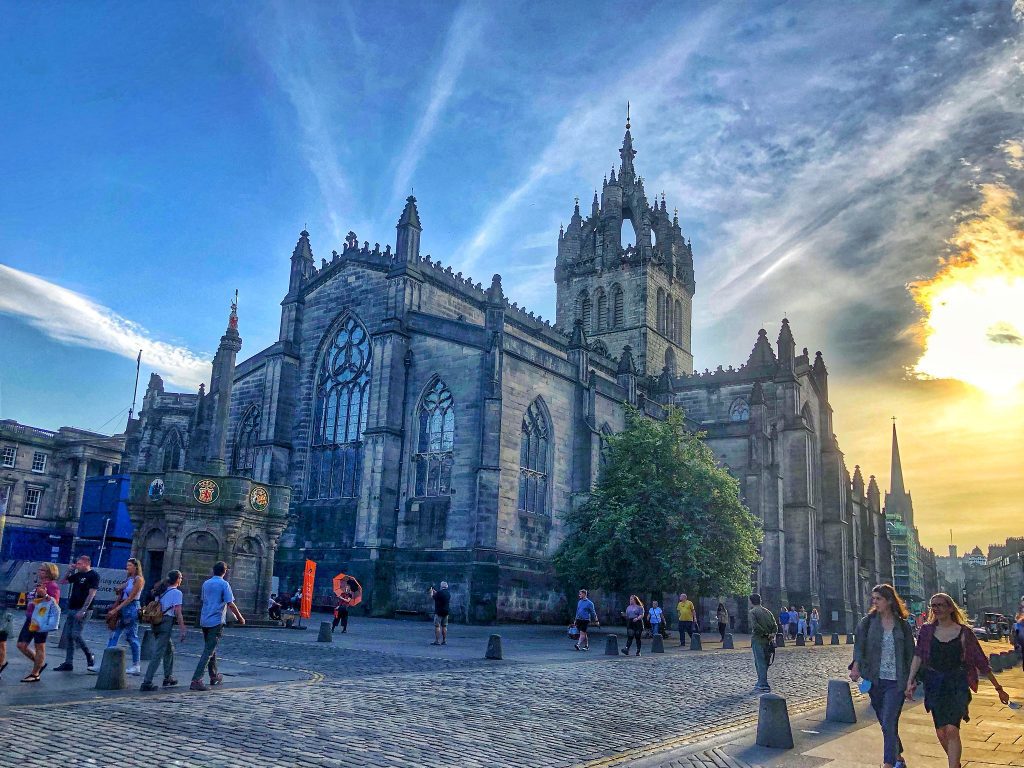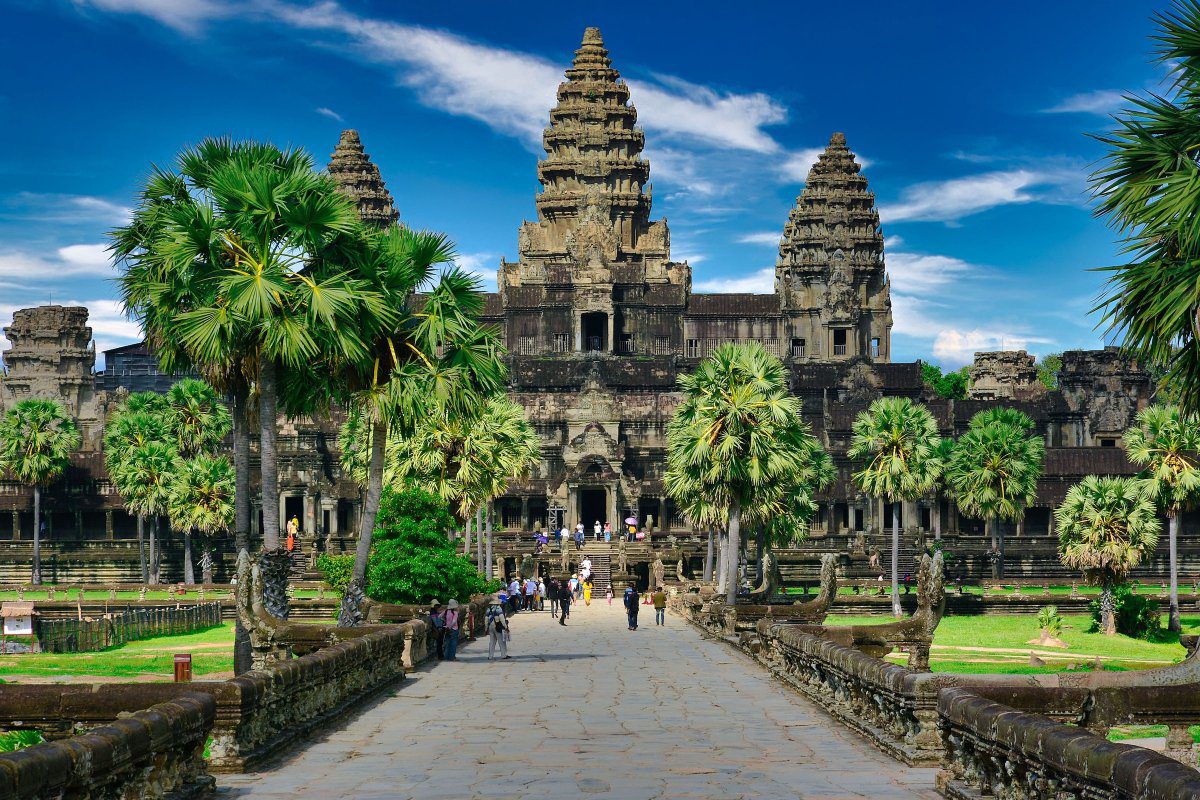3 Big Uncertainties Now Facing Travel's Recovery With the Omicron Variant

Skift Take
A year ago, when the Delta variant was first detected, vaccines were not yet accessible to the world. Since then, just over 54 percent of the global population has been fully vaccinated. Of those, less than 10 percent are in Africa, while just 5.7 percent of the population in all low income countries has received at least one dose. The egregious disparity in vaccine distributions, flagged all year long as a threat — including by the United Nations World Health Organization, epidemiologists, Doctors Without Borders and Skift — was left largely unaddressed by the U.S. and the European Union, not least in the face of resistance from Big Pharma to release intellectual property rights.
As more countries rush in the past several days to restrict entry or close borders entirely for two weeks like Israel, the uncertainty is intensifying again for the travel industry just as travelers were returning to the road for the holidays and making plans for 2022, the first year of a broader transatlantic route reopening.
But how much will Omicron affect the travel industry’s recovery and how will it get ahead of this impending threat?
1. The Changing Traveler Mindset
In calling for European Union member countries to quickly agree on uniform requirements before the widespread presence of Omicron, the United Nations World tourism Organization (UNWTO) no doubt was pointing to the possibility of impacting tourism and consumer demand more negatively than is necessary at this time. In two years since the pandemic 98 percent of countries continue to use various entry curbs, the latest UNWTO report showed, while pointing to the success of the European Covid green pass.
But the uneven restrictions have been mounting over the last 48 hours, differing even across European countries and revealing an ongoing trend of nationalism when it comes to Covid. The question is, how will traveler mindset change because of Omicron fears and because of mounting restrictions, even the risks are ultimately deemed not great?
With the Omicron variant already present in other regions outside of the African continent before South Africa’s epidemiologists sounded the alarm, will the use of vaccine passports and pre-testing suffice to keep this variant at bay? Is it even possible to have uniform travel rules on Omicron when it is still being studied?
These unanswered questions amid shifting travel changes are sure to dampen consumer confidence to some degree. But just how much? According to the World Travel & Tourism Council's latest report on consumer trends, 70 percent of traveler from the U.S., UK, Spain, Canada and Japan planned to spend more on travel in 2022 than they had in the past five years including 2019. Of course that was just before before Omicron hit.
Will travelers, particularly the "visit friends and family" and the Gen-Z segments, be weary enough of Covid that they’ll hit the skies anyway and be willing to tackle restrictions and any additional expense of testing and quarantines? If they do, what does that mean for the tourism industry in countries lacking access to vaccines? And how will host communities' and resident sentiment in destinations shift as public health risks continue to negatively impact their daily lives?
2. An Uncertain Global Immunity Timeline
There’s little doubt that the formation of yet another variant could have been avoided had the U.S. and European Union not hoarded vaccine supply, and had they committed to equitable global vaccine distributions to other regions of the world.
What's unclear, and needs a plan alongside aggressive distributions, is how long it would take to inoculate the large number of unvaccinated people in low to middle income nations, given the varying logistical challenges on the ground as well as the understandable resistance faced which require education and time.
Ultimately, however, if the travel industry is to avoid any further setbacks, it’s about pushing for access to life saving vaccines for the billions who have been waiting and prevent the formation of yet another variant. That could begin with the immediate redistribution of surplus shots that will go unused by the end of the year, to the tune of 800 million for the U.S.
But if the leaders of Europe and U.S. continue to fail to perceive the threat their economies of having unequal vaccine distributions in low and middle income nations, will the leaders of travel — the UNWTO, the World Travel & Tourism Council, the U.S. Travel Association, the U.S. Travel and Tourism Advisory Board for the Department of Commerce, and the tourism private associations and collectives — now finally take this issue up as part of their advocacy efforts in restarting tourism?
3. Long-Term Government Support for Travel Companies
A devastating variant is likely to lead to more small and medium-sized tourism business shutdowns across the sector. There are also the destination management organizations — in the U.S., for instance, a good number received government funding in recent weeks to boost their recovery through tourism marketing efforts as well as to develop new sustainable tourism management plans.
But if Omicron hits hard, will governments be willing to keep supporting new rounds of relief for travel companies and tourism boards?
As the Covid pandemic continues to threaten the travel industry’s recovery, the message is clear for travel leaders in the world's largest source markets. The same ardor they've placed on pushing for lifting restrictions and resuming global travel these last two years, must go to pressuring the U.S. government and the European Union to urgently act on global access to Covid vaccines now. Until then, as Omicron has just reminded us, tourism remains more vulnerable than ever.




